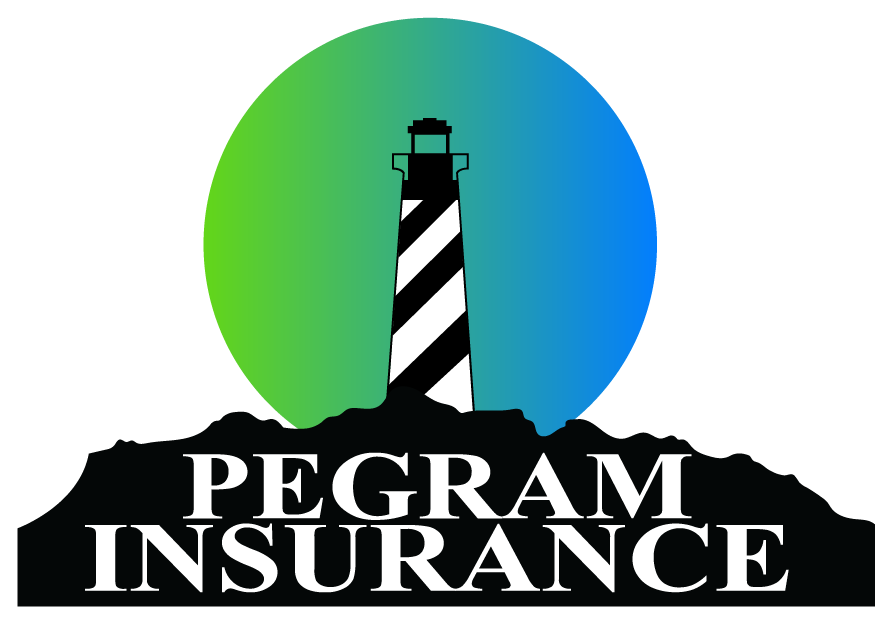
Are you a restaurant owner looking to serve alcohol? Despite what some people may think, it is not as simple or easy as just stocking the bar and welcoming customers. To ensure your business is fully compliant with all applicable regulations, you must obtain a liquor license. This can be a complex process that varies based on city, state, or county jurisdiction; however, getting this important document will help protect you and your business from unnecessary risk and liability in the long run.
In this blog post, we’ll talk about why obtaining a liquor license for your restaurant is essential for compliance with local laws and regulations, as well as how to get started on the path to purchasing one of these critical permits.
Understand the Different Types of Liquor Licenses
A liquor license is a requirement for any restaurant that wishes to serve alcoholic beverages as part of its services. Each state and jurisdiction have its regulations that outline these requirements, and understanding the different types of liquor licenses can help you make sure your restaurant stays compliant.
There are two main categories of liquor licenses: on-premises and off-premises. On-premises allow for possession or consumption of alcohol on the premises and may also enable corkage fees when customers bring their bottles. Off-premises are typically seen in convenience stores or liquor stores, allowing patrons only to purchase alcohol from them to be taken away.
Restaurants must obtain the right type of license so they don’t risk getting fined or shut down by authorities. Having the proper insurance like liquor liability can also provide an extra layer of protection if necessary. Taking the time to familiarize yourself with the different types of licenses is worth it to keep your business running legally and safely.
Reasons why a Restaurant needs a Liquor License
Operating a restaurant that serves alcohol requires much more than just obtaining the right products and setting up a bar – you also need to make sure you have the necessary licenses in place to legally provide alcoholic beverages to your customers. Obtaining and maintaining a liquor license is a legal necessity for any public establishment serving or selling alcohol, and it’s an important part of ensuring your business is compliant with the law and meets local health department regulations. Moreover, having valid liquor licenses helps protect you from any potential liability caused by someone drinking at your establishment. Additionally, some types of restaurant insurance require that you possess a liquor license to qualify for coverage, so restaurateurs must apply for one when required.
Benefits of Having a Liquor License
Having a liquor license can not only be beneficial to the restaurant in terms of boosting profits but also provide a level of security. Restaurants need to obtain restaurant insurance and liquor insurance so that they are protected in case of any liabilities that may arise due to serving alcohol. By having a liquor license, restaurants can gain additional control as they will be able to plan their hours better, determine selection and pricing, and remain compliant with local regulations. Investing in a liquor license is key to ensuring the successful operation of your restaurant.
The Requirements for Obtaining a Liquor License
Obtaining a liquor license for your restaurant can seem like a complicated and daunting task, but it doesn’t have to be. At its most basic level, a liquor license is required to legally serve alcohol in any establishment throughout the US. It’s important to note that this licensing requirement is also subject to state regulations, with some states having additional requirements beyond the federal guidelines. To obtain a liquor license, you must meet specific criteria set out by both local and state governments, which may include receiving approval through a public hearing, obtaining appropriate insurance for your restaurant, and/or liquor liability insurance. Depending on the type of business entity you own or operate, additional requirements might also need to be met. Taking care of these regulatory steps will ensure that your restaurant has all the necessary permits in place before serving drinks.
What Happens if You Don’t Have a Valid Liquor License
If you don’t have a valid liquor license, it could cost your restaurant dearly. Without one, your business could be subject to hefty fines, or worse—legal action. Without the necessary liquor license and insurance coverage, you are putting yourself at major risk of losses due to any incidents that might occur while serving alcohol. It is not worth taking the chance when resources are available to help ensure you serve alcohol safely and responsibly. With just a few steps and the right paperwork, you can protect both your restaurant and its patrons.
How to Apply for a Liquor License in Your State
Applying for a liquor license in your state may feel overwhelming, but with the right preparation, it doesn’t have to be. Before you start the application process, have all of the required documents. These may include proof of ownership or leasing agreement, restaurant insurance certificate, and general business license. Depending on your location and type of establishment, additional paperwork or visits from inspectors may be necessary. The cost of a liquor license can vary significantly from one jurisdiction to another, and it may require renewed fees for items such as liquor insurance. However, receiving a liquor license is the first step toward serving customers their favorite drinks.
Are you interested in serving alcohol at your restaurant? Call your local insurance agent today to discuss your restaurant’s liquor liability insurance policy.
Contact Us!
For quotes or questions, fill out the form below and one of our agents will be in touch shortly!




